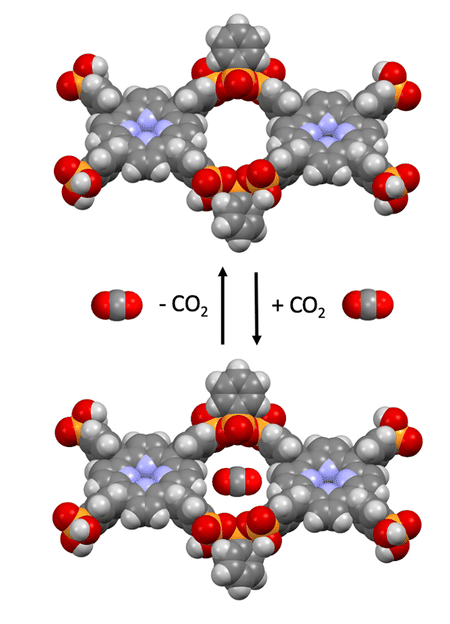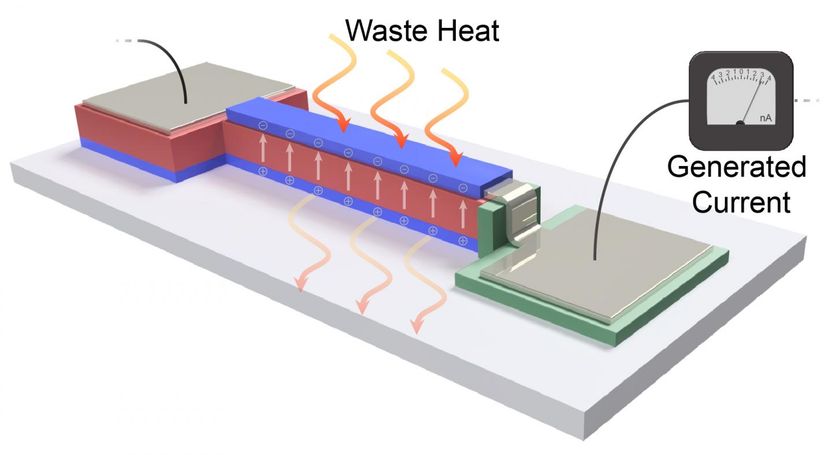Abgenix’s ABX-IL8 Antibody Associated With Statistically Significant Improvement In Psoriasis
Advertisement
Abgenix, Inc. (Nasdaq: ABGX) presented the results of its Phase IIa clinical trial of ABX-IL8 for use in the treatment of moderate-to-severe psoriasis at a meeting of the American Academy of dermatology (AAD) in Washington, D.C. ABX-IL8 is a fully human monoclonal antibody generated with Abgenix’s XenoMouse™ technology that blocks the activity of interleukin-8 (IL-8), a chemokine involved in several inflammatory diseases, including psoriasis, rheumatoid arthritis and pulmonary disorders.
The double-blind, placebo-controlled Phase IIa study of ABX-IL8 included 94 moderate-to-severe psoriasis patients at 18 sites in the US. Two doses of ABX-IL8 were assessed, 3mg/kg and 6mg/kg. ABX-IL8 was administered every three weeks for a total of five infusions; the first dose was a 2x loading dose. Patients were evaluated at three-week intervals through Week 18. The primary objective of the phase IIa study was to evaluate the safety of ABX-IL8 at the doses administered, while the Phase IIb study is designed to confirm the efficacy of ABX-IL8.
The following conclusions were presented at the AAD meeting:
ABX-IL8 administered intravenously at doses ranging up to 6 mg/kg appears to be safe and well tolerated.
No human anti-human antibody formation was detected up to six weeks following multiple dose administrations of ABX-IL8.
No infusion-related reactions were seen at any dose at any time point.
Pharmacokinetics of ABX-IL8 are linear. Serum steady-state was achieved following the second dose.
ABX-IL8 (3mg/kg) was associated with a statistically significant improvement in plaque psoriasis as assessed by change from baseline Psoriasis Area Severity
Index (PASI) scores (see Attachment, Tables 1 and 2), and Physician Global Assessments. The effect of ABX-IL8 at 6mg/kg was not statistically significantly
different from that of 3 mg/kg.
Patients who achieved a 75% improvement in PASI maintained that response through Week 36.
Retrospective subset analysis indicated that the benefit of ABX-IL8 treatment was greater in patients with more severe (PASI score of 12 or higher) psoriasis (see
Attachment, Table 3). This hypothesis will be prospectively evaluated in ongoing studies.
"In this study of patients with moderate-to-severe psoriasis, ABX-IL8 appeared safe and well tolerated and demonstrated statistically significant improvement in disease activity," stated Gerald Krueger, M.D., professor, Department of Dermatology at the University of Utah and chief investigator for the trial. "Based on these results, further study of ABX-IL8 in psoriasis patients is warranted."
"We continue to be pleased by the clinical results achieved with ABX-IL8 in psoriasis, a disease that represents a substantial market opportunity," stated R. Scott Greer, chairman and chief executive officer of Abgenix. "ABX-IL8 appears to offer an attractive safety profile relative to other psoriasis treatments while significantly improving disease response. We look forward to continuing development of ABX-IL8 as a psoriasis treatment and exploring its utility in other inflammatory diseases."
On the basis of the Phase IIa data, Abgenix has initiated a Phase IIb study of ABX-IL8 in psoriasis. This study, which is expected to enroll 228 patients with moderate-to-severe psoriasis, will evaluate two doses of ABX-IL8 and a placebo. Having seen no incremental benefit to the 6mg/kg dose over the 3mg/kg in the Phase IIa trial, Abgenix now plans to evaluate more convenient fixed doses of 100mg and 300mg (approximating 1mg/kg and 3mg/kg as weight-adjusted doses) administered every three weeks in the Phase IIb study.




























































